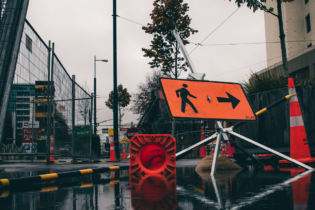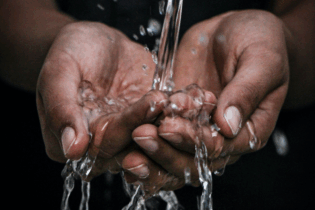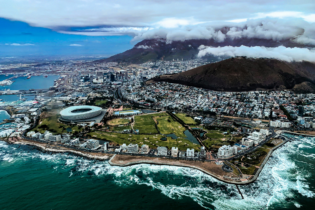The Organisation Undoing Tax Abuse (OUTA) and Water Shortage South Africa say that the national water crisis has made a powerful case for the need to establish an Independent Water Regulator (IWR).
The organisations believe that the current water crisis is characterised by failing municipal infrastructure, lack of long-term planning and implementation and the growing failure of sewage treatment plants across the country and the lack of accountability. They believe that government is increasingly acknowledging the need for an IWR. “Significant progress has been made towards this goal. Both OUTA and Water Shortage South Africa are now moving to the next phase of the project: engaging with Parliament to draft and process the necessary legislation,” says Julius Kleynhans, Operations Executive at OUTA.“It’s patently clear that the Department of Water and Sanitation (DWS) cannot be both player and referee and has failed in its duty of care by ignoring the municipal infrastructure catastrophe by hiding behind the cooperative governance clause of the Constitution,” says Benoît Le Roy, CEO of Water Shortage SA. “That specific clause says that one arm of government cannot interfere in the affairs of another tier or sphere of government. In short, had there been an Independent Water Regulator freed of this constraint, then intervention into municipal affairs would have occurred long before municipalities had begun to fail.”
“National and provincial government confuses taking action in terms of their oversight duty, such as issuing directives and initiating criminal proceedings against accountable people, with the principle of avoiding legal proceedings in terms of cooperative governance,” says Kleynhans. “It could never have been the intention of the legislator to prevent an oversight body from exercising its duty by way of excluding legal action but rather to avoid the abuse of litigation and waste of tax monies. A regulator should treat criminal actions without fear or favour, thus, government officials who negligently pollute our resources should be locked up for criminal contraventions.”
In 2019, OUTA and Water Shortage South Africa joined forces to create public awareness, and garner support, for the establishment of an IWR.
Read the statement on this is here. The concept of an IWR has been widely workshopped – including at the National Water Security Framework Workshop held at the Union Buildings on 24 June 2019 – and has been generally supported, with some notable exceptions. In most cases the exceptions have been raised by parties that directly benefit from the status quo and who see a loss of future revenue once an independent regulatory authority is established. The National Planning Commission (NPC) has been an enthusiastic supporter of the IWR. The National Water Security Framework, driven by the NPC, now includes the notion of an IWR. The NPC framework informs the National Water and Sanitation Master Plan, which was launched by Minister Lindiwe Sisulu in November last year. This plan lists the establishment of a National Water Resources and Services Regulator (as part of the department) but also refers briefly to an independent regulator: “The possibility of an independent economic regulator to regulate tariffs, standards and performance in the water services sector has been proposed” (in volume 2 of the plan). National Treasury has indicated it is in favour of the concept of an IWR, with the Economic Strategy discussion document released by the Treasury in August 2019 saying that an IWR could improve the overall efficiency of water provision and improve price setting






